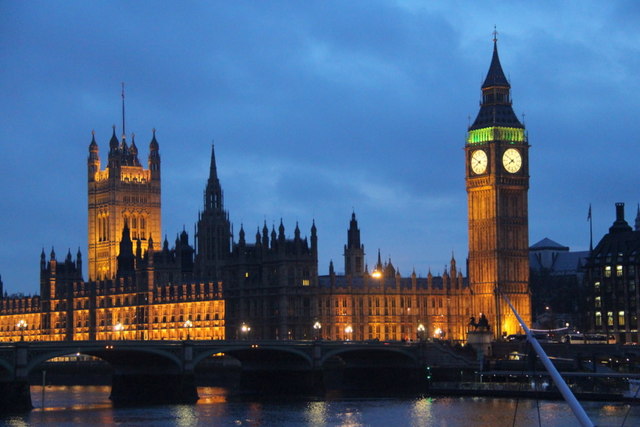If you’re feeling a little overwhelmed by the general election allow us to intervene; compiled below are just a handful of fun facts, anecdotes, and trivia titbits to guide you through the next few days – and indeed the weeks of political unrest and upheaval that may well follow. If your office has been a particularly tense place of late be sure to share them, as you never know whose day you’re likely to make.
Elections in numbers
Since 1918 there have been 27 Election Days, 23 of which have been held on a Thursday. The very first election was held in 1802, although universal suffrage, at which point men and women had equal rights to vote, wasn’t established until 1929. The lowest ever turnout at a general election was at the end of the First World War, when only 57.2% of eligible voters turned out to vote. The highest turnout recorded was during 1950, when 83.9% of registered voters exercised their right. There’s still a long way to go; it’s estimated that there are 7.5million people missing from the register who would otherwise be eligible to vote.
Thursday is Election Day
Have you ever wondered why elections are always held on a Thursday? There’s actually no hard and fast rule as to why, although there are plenty of theories surrounding such a specific day of the week. One theory is that elections were held on Thursdays to coincide with Market Day, ensuring as many people as possible would be in town and able to vote. Another claims that polling on a Thursday would guarantee nobody could turn up drunk to place their mark, since Friday was payday. Whatever the reason, there are only four exceptions to the Thursday rule; 1918, 1922, 1924, and 1931. Until 1918 polling took place over several days.
‘X’ doesn’t always mark the spot
It’s common to vote by placing an ‘x’ in the box of your chosen candidate, but did you know that ticks, dashes, and even smiley faces will be counted? According to the Electoral Commission all marks made within the lines will be classed as a vote, as long as they’ve been made with intention. One voter during the 2015 general election attempted to spoil his or her paper with a… ahem… male appendage drawn in one box, and ended up voting for returning Conservative MP Glyn Davies. His night was understandably made by the revelation.
The Queen remains neutral
There’s actually nothing in the law to say that the Queen can’t vote, but she chooses to remain politically neutral during every election. According to her website, “it is considered unconstitutional for the Sovereign and his or her heir to [vote]. As Head of State, The Queen must remain politically neutral, since her Government will be formed from whichever party can command a majority in the House of Commons.”
We’ve also learned that dogs are allowed to accompany their owners to the polling station, as long as your pup doesn’t disrupt voting by barking or running amok. There you go, you’ve literally no excuse to stay away now! We’d love to hear from you if you have any facts of your own. After all, in the face of change us Brits are rather accustomed to sharing lighthearted moments with one another. Be sure to check out our social media channels on Facebook and Twitter to join in the fun.
Oh, and in the meantime, do contact us or give us a call on 0333 0022 440 if you’ve any queries relating to call logging and recording. Well, our day job is never done, after all!

